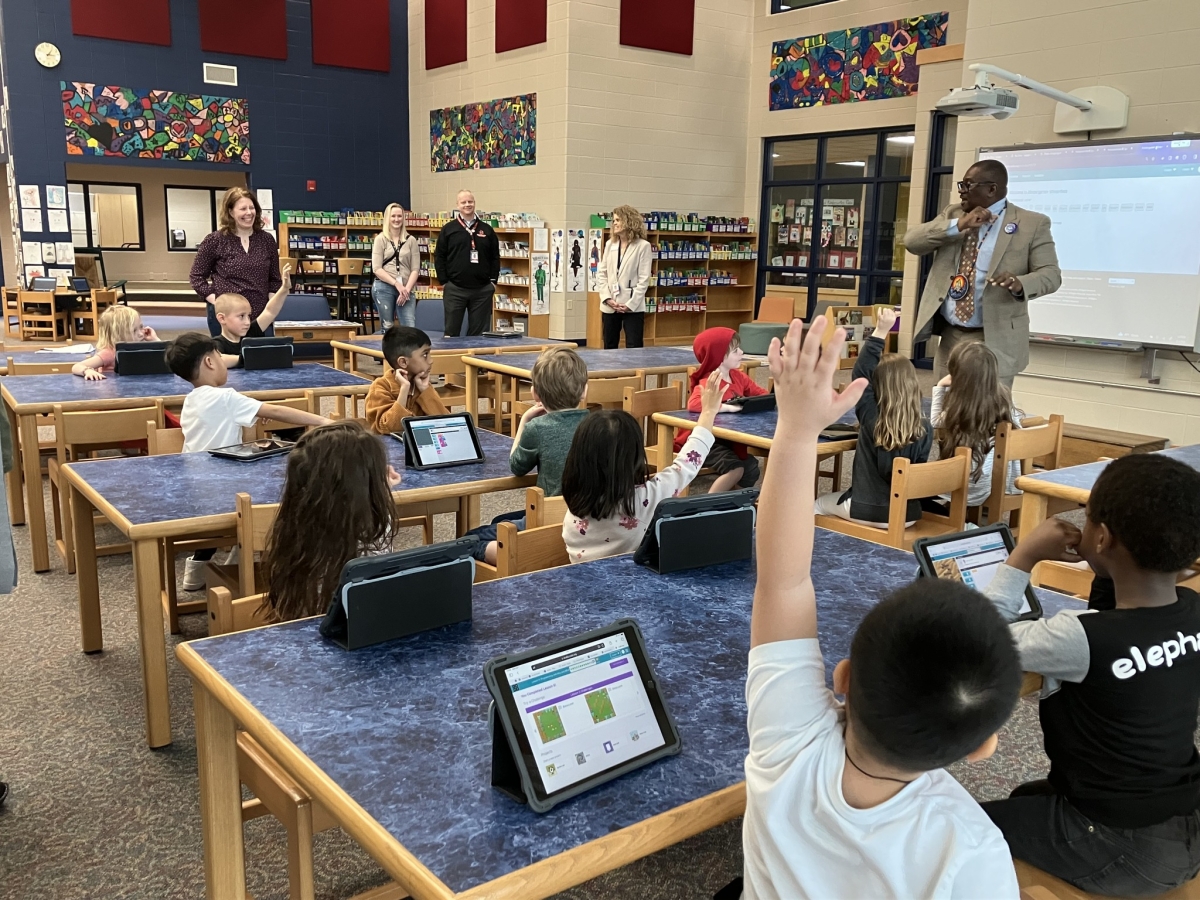
School Libraries Complement Early Literacy Instruction and Deserve Funding and Support
In late 2023, Governor Tony Evers signed Act 20. Drafted in coordination with the Wisconsin Department of Public Instruction (DPI), Act 20 makes several comprehensive updates to literacy instruction in the state designed to help improve reading and literacy outcomes for K-12 students, including that Wisconsin schools are required to provide science-based early literacy instruction in both universal and intervention settings.
The State’s 2023-25 biennial budget includes $50 million in the Joint Committee on Finance’s supplemental appropriation for efforts to improve reading and literacy outcomes for K-12 students, including those included in 2023 Wisconsin Act 20.
Amidst all this change, school libraries and licensed library media specialists provide a constant. They provide books and resources focused on metacognition, social/emotional learning, and choice and access based upon interest and relevancy. By maintaining school libraries as hubs for these essential pieces of developing literacy, students will embrace lifelong learning and exploration of ideas.
Books and Reading Go Hand-in-Hand.
School Librarians are Educators. To be a licensed school librarian requires a specific teaching license. Most school librarians come to work in the school library from the classroom. They are adept at using instructional strategies --while creating lessons related to research, digital and media literacy, and technology and supporting the work of classroom teachers through integration and collaborations.
Studies show school librarians and student access to a well-equipped library have a positive impact on student performance on standardized tests and literacy rates.
Without libraries, students and teaching staff don’t have access to librarian-curated books, learning resources, and research materials. Wisconsin is the only state in our country with dedicated funding for library resources established in the Wisconsin Constitution. The Common School Fund ensures all students have access to robust school libraries. School librarians also offer programs and services not found in the classroom. Programs and services that promote literacy and lifelong learning such as makerspaces, book clubs, self-publishing areas, quiet reading corners, research studies, and more. Without school librarians, it all disappears.
As we enter School Library Month 2024, the American Association of School Librarians reminds us: “[School] librarians not only craft their instruction to meet state standards and expectations, but also look to the National School Library Standards as a foundation for learning.”
School libraries are partners in early literacy development – not distractions, and not competitors for resources.